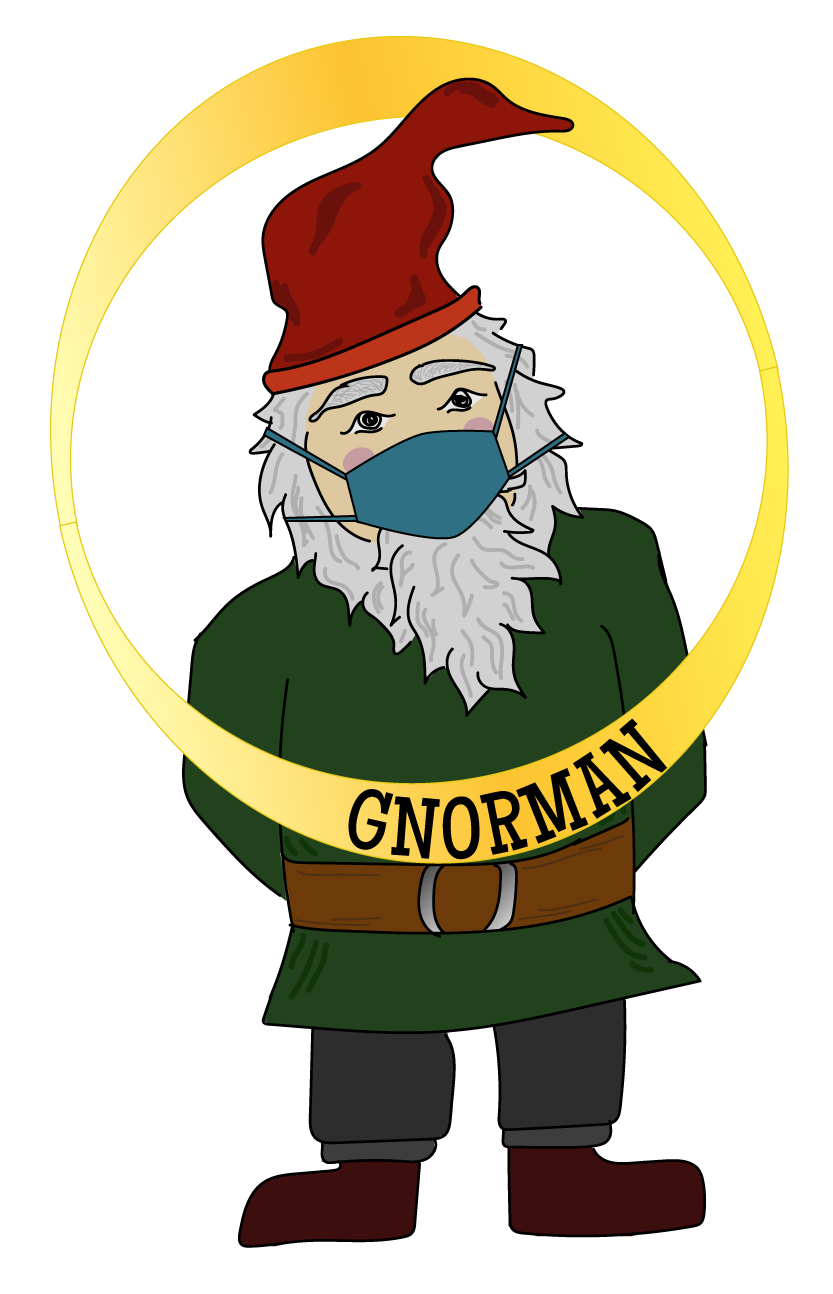Leading in a Time of Crisis
Published by: WCET | 9/4/2020
Tags: Collaboration/Community, COVID-19, Disaster Planning/Recovery, In A Time Of Crisis, Professional Development, Student Success, Teaching, WCET
Published by: WCET | 9/4/2020
Tags: Collaboration/Community, COVID-19, Disaster Planning/Recovery, In A Time Of Crisis, Professional Development, Student Success, Teaching, WCET
Over the last few weeks, we have shared tips for taking care of ourselves and our colleagues. This week I wanted to share advice from several higher education leaders about their experiences leading teams through this time of crisis.
The first post in this series focused on self-care for us as individuals. You can check out the great tips here. The second post encouraged development of resiliency for ourselves and our organization.
Thank you to those who participated in the interviews for taking the time to share your thoughts with us.
I reached out to these leaders to discuss their experiences leading, supporting, and motivating teams during this pandemic. I hope the advice below is helpful for us all as we continue to face challenges this fall and in the future.
My first question focused on what the interviewees learned about leadership during the COVID-19 crisis. Many of them reflected that they learned more about the importance of communication, collaboration, decision making, and empathy.
From WCET’s executive director, Russ Poulin,

I think I’m still re-learning this lesson every day, but it is about communication. It’s easy to get caught up in the hubbub and forget to communicate. And even if you communicate, sometimes repetition is needed as the message goes out and the receiver is not ready to hear…or, more likely now, is distracted with other important things. I know these things, but still finding the need to remind myself of these realities every day.
The President of WICHE, Demarée Michelau, shared that no one has a secret guide on how to lead during a pandemic, which I thought was a particularly good point.
While she said she’d learned so many lessons (and that a description of them would probably exceed our reader’s attention) she was able to select two to highlight:
First, leadership in a crisis for me has centered around collaboration – bringing people together to tackle the constant wave of challenges. It was clear from the beginning that this particular crisis was hitting everyone in monumental ways and that we needed to tackle it as a community. WICHE works with many different people in the higher education ecosystem, and while the specific issues they have been dealing with may differ, I have found that WICHE can help best by providing a forum for them to ask questions, share successes, commiserate, and learn from each other. Second, while it’s important to be decisive and clear, you also need to be deliberate and consistent.
Richard Nelson, President of Nicolet College, reminded me of where leaders should look to guide their decisions during a crisis: your institution’s values.
If people know that the values of your college always inform strategies and actions, then navigating uncharted territory isn’t so daunting. The cornerstone for decision-making is established.
Our number one value at Nicolet College is: “We believe in the worth and dignity of the individual, and we therefore commit to treating each person with kindness and respect.” The pandemic brought series of challenges to be addressed without benefit of prior experience or precedent, yet this value clearly told us that health and safety must be our primary consideration in weighing options and making choices.
Sally Johnstone, President of the National Center for Higher Education Management Systems (NCHEMS) and founding executive director of WCET, echoed these sentiments and told me that it is of the upmost importance to put the safety of staff ahead of all other considerations.
Finally, Kara Van Dam, Vice President and Dean of the School of Arts and Sciences at the University of Maryland Global Campus and current Chair of the WCET Steering Committee, told me that the pandemic has “really reinforced the importance of empathy. The complexity of what our team members are having to face – homeschooling their kids, spouses who are essential workers or who were laid off, family members getting sick and sadly in some cases dying – has reinforced the importance to put people and their humanity first.”
So, put people first. Bring them together. And do your best to make your messages clear and consistent.
These leaders had similar advice for how to support staff during a challenging time or crisis such as the COVID-19 pandemic. Kara Van Dam explained that it was essential to hold weekly check-ins with staff (especially early on). Richard Nelson commented that it was the leadership’s job to “provide the fuel and clear the runway” so their staff could focus on the important work – putting students first. As Sally Johnstone said that her focus was “guaranteeing they have the tools needed to do their jobs,” and specifically called out being patient with team members who were (or are still!) working from home with their children.
The interviewees were all so complimentary of their staff. It’s a testament to how hard our higher education community has worked over the last several months. Demarée Michelau mentioned that her staff demonstrated resilience and commitment to our work, and Russ Poulin said he is focused on appreciating the challenges that staff are going through and the accomplishments they have despite those challenges.
On the topic of working remotely, all the interviewees remarked that we need to listen to each other and support each other. Leaders (whether on-site or remote) need to be consistent, connected, and caring. Many mentioned the need to use an “outcomes driven” management style, meaning attention is paid to completing projects and being flexible if staff need to work unique hours. Some suggested providing ergonomic equipment to help remote employees work better.
I asked each leader for principles they use to motivate their teams, especially right now when focusing on single tasks can be difficult. Here are their answers:
The answer is none of the above. Instead, we liberate our minds, test our ingenuity, and have some fun. When the old ways start to fail, the time is ripe for innovation and for strong organizations to shine. And just for good measure, we banish phrases like “We’ve always done it this way,” “We tried that once and it didn’t work,” or “They’ll never let us do that,” from our lexicon. They’re toxic to creativity and innovation.
– Richard Nelson
– Sally Johnstone

– Kara Van Dam
– Demarée Michelau
– Russ Poulin


What do we, as employees, need from leaders during not-so-great times? Here’s the advice I received from our interviewees:
Just like there isn’t a secret instruction book for our leaders right now, there definitely isn’t a magic spell that will turn our days “back to normal.” No matter what your individual circumstances are, dealing with a global pandemic, isolation, extra or different responsibilities, or even being ill or having someone close to you be ill – it’s no wonder we all need additional support and help right now.
I’m so thankful for the support, understanding, and flexibility from our leaders during this time. To say it’s been challenging seems like an understatement. I feel lucky to work for an organization that tries every day to make sure its staff is doing okay on a personal level while also supporting us in accomplishing our professional goals.
I hope this series on care in a time of crisis has been beneficial for you. I know we are adding one more thing to your plate – we advise you to take care of yourself and others and how I wish we could stretch time or change circumstances to actually make that possible for you. My hope is that we have left you with some ideas to help you and your teams meet today’s challenges, and if you have a bit of time left tonight, I hope you are able to take a few moments for yourself. And, to take my own advice, I’m going to go do just that.